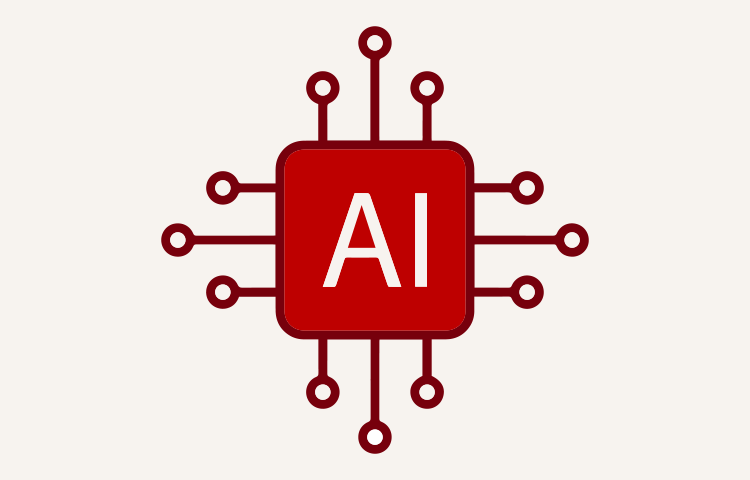Ciarb launches Guideline on the Use of AI in Arbitration

Ciarb is pleased to announce the launch of its much-anticipated Guideline on the Use of AI in Arbitration.
As AI increasingly impacts the alternative dispute resolution (ADR) landscape, practitioners are interested in developing their knowledge of the legal technology market and the platforms and processes that can drive innovation and decision-making.
Ciarb’s Guideline on the Use of AI in Arbitration should enable dispute resolvers, parties, their representatives and other participants to take advantage of the benefits of AI while supporting practical efforts to mitigate risks to the integrity of the process, any party’s procedural rights, and the enforceability of any ensuing award or settlement agreement. It is based on current and known developments in ADR and the procedural issues to which the use of AI gives rise and may give rise in the future.
- Part I outlines the benefits and risks of the use of AI in arbitration
- Part II sets out general recommendations on the use of AI in an arbitration
- Part III addresses arbitrators’ powers to give directions and make rulings on the use of AI by parties in arbitration
- Part IV addresses the use of AI in arbitration by arbitrators
- Appendix A includes a template Agreement on the Use of AI In Arbitration
- Appendix B includes a template Procedural Order on the Use of AI in Arbitration
Ciarb’s policy team worked with AI Guideline Drafting Committee Chair, Claire Morel de Westgaver, and a group of other leading legal AI experts from around the globe. The international group of AI experts comprised:
- Claire Morel de Westgaver, Chair
- Amy Endicott
- Annabelle Onyefulu ACIArb
- Carlos Carvalho MCIArb
- Fabio Solimene
- Harry Borovick
- Karolina Jackowicz FCIArb
- Kateryna Honcharenko MCIArb
- Matthew Lavy KC
- Maud Piers
- Meriam Al Rashid
- Peter Neumann FCIArb
“As the leading arbitrator certification organisation in the world, Ciarb is perfectly placed to provide guidance to arbitrators and other stakeholders on the use of AI in arbitration. AI is expected to have a transformational effect on the legal profession and international arbitration is no exception. The benefits of using AI tools in arbitration are significant. Assessing the implications of the use of AI in arbitration while also identifying any risks that may need to be addressed is of paramount importance to safeguard due process rights and the integrity of arbitral proceedings.”
Claire Morel de Westgaver, Chair of the Ciarb AI Guideline Drafting Committee
“The AI Guideline is the result of tireless work by Ciarb’s Technology Thought Leadership Group, the AI Guideline Drafting Committee, and the Committee Chair, Claire Morel de Westgaver. The Guideline is designed for use by arbitrators, parties, counsel and experts and provides essential insights into navigating the complexities of integrating AI into the arbitral process. We have already seen the impact of AI on the industry develop and grow over the past few years, and we hope that this Guideline will provide a pragmatic and dynamic reference point for dispute resolvers and arbitration professionals.“
Cristen Bauer, Director of External Affairs, Ciarb
In 2024, Ciarb’s popular Ongoing Learning series explored AI fundamentals, global trends, and self-regulation essentials
Learn more about our Professional Practice Guidelines.



